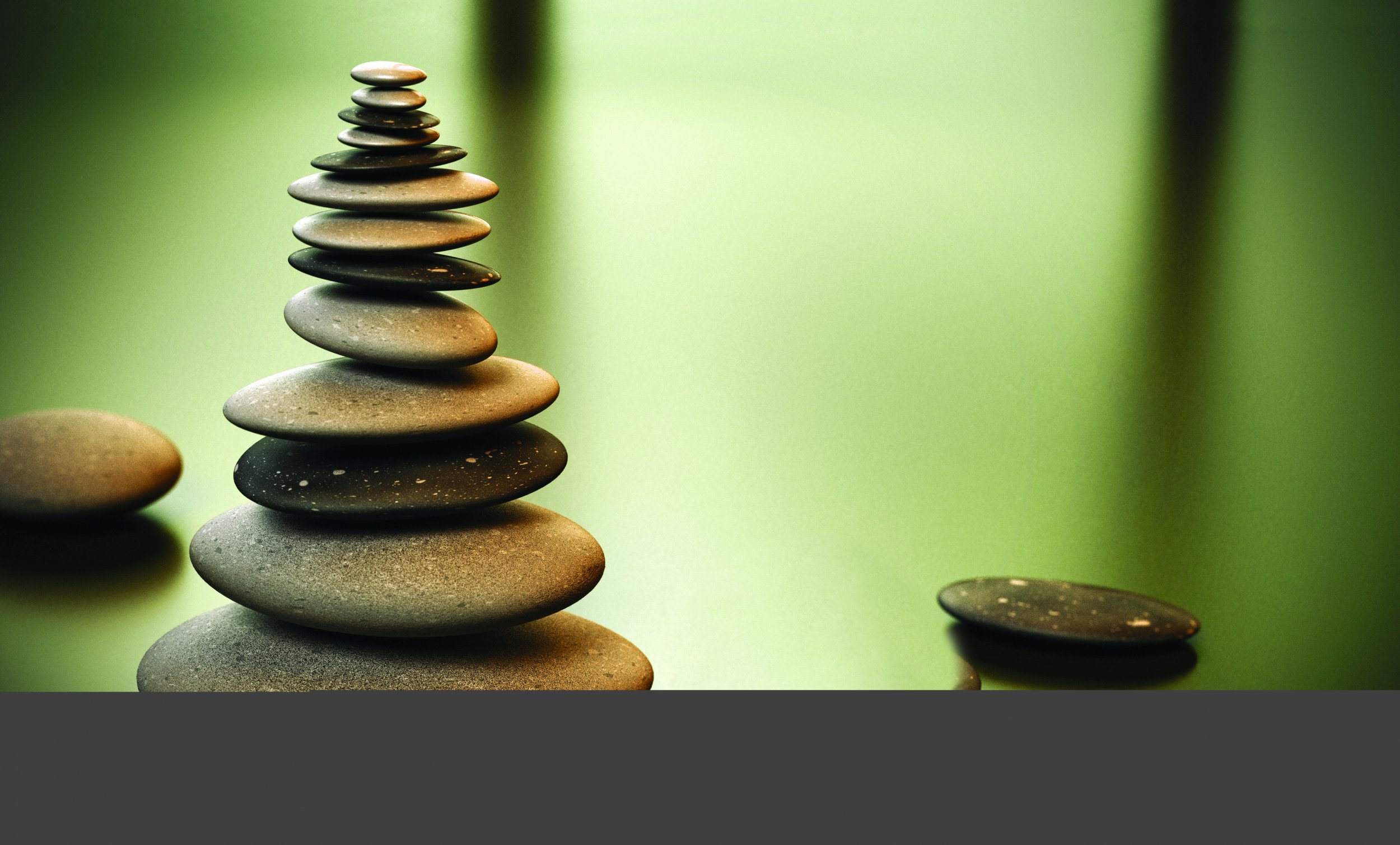
This article along with others on mastering your mind, body and soul connection are featured in Newsweek Special Edition: Spiritual Living.
Whether one plans to eventually hone psychic abilities, heal others with the likes of Reiki or just achieve a soothing state of being, meditation is widely considered an essential place to start if you plan on practicing a more spiritual lifestyle. For many, it is the only means of unlocking the potential to pursue other soul-enriching endeavors. And because making your mind absent of thought can seem a daunting task, a little guidance can go a long way.
Because preconceived notions of what meditation entails often interferes with an individual's decision to dive in, Jane McQuade, a psychic medium who offers group meditation classes, leads would-be practitioners via a universal approach. "You have to keep spiritual and religious beliefs out of the picture," McQuade says. Additionally, the meditation instructor rejects the image of the practice commonly conjured by those who have yet to attempt it. "I don't subscribe to the school of thought where you have to sit cross-legged with your fingers clenched, humming," she states.
Even with the potential benefits of meditation broadly known to an increasing number of individuals, a vague appeal does not necessarily translate into an equipped effort to master the practice. "It's not like taking your friend to a comedy club and saying 'You're going to have a good time,'" McQuade emphasizes. "This is something that you really have to want to do."
For those who do indeed want to learn the methods of meditation, a set of general guidelines can be followed to work through the process. McQuade's experiences have reinforced the notion that achievement of the practice can differ from person to person, but she has still been able to identify patterns that aid in crafting a plan. As for a fundamental approach heading into the process, McQuade states, "You have to think in terms of progress, not perfection."
Set the Scene
Setting is crucial to effective meditation. Sensory distractions pervade most moments of a person's everyday life, but the practice requires such elements be muted. "You have to get your space so that it's physically comfortable and devoid of noise as much as possible," McQuade states.
At the start of her classes, McQuade allows her attendees to get themselves into the necessary state before even attempting the first steps of meditation. Coming from the chaos of the daily grind—be it work, school or dealing with the kids—can leave anyone in a lingering flustered state that could keep them from clearing their mind. "I have to let people brush the day off," she says. To assist in winding down, McQuade suggests drinking caffeine-free teas, cleansing the space by burning white sage and doing some basic body stretches.
Pinpoint Peace
Like most new endeavors, the venture into meditation often presents initial obstacles. The unique foundation of the whole practice is what many who are starting out struggle to wrap their heads around. "The first challenge people face with meditation is getting used to 'not thinking,'" McQuade says. "Even as someone who teaches it, it takes me some time to get grounded."
Temporarily sweeping away the thoughts that naturally crowd the mind can be almost as complicated as it seems when someone first sets out to meditate. "Quieting the mind, or what I call 'quieting the committee' is what seems to be the biggest obstacle for people," says McQuade. The desire to discover that mental peace, though, is typically accompanied by a true effort on the part of the student.
Seek a Circle
In many cases, the struggle to silence a busy brain can be exasperated by a lack of like-minded company. Likening it to going to the gym with a workout partner, McQuade feels there are many benefits to attempting meditation in a group rather than a potentially stunting solo effort. "I've found that people do respond well to groups as opposed to trying to do it on their own through YouTube," she says. McQuade allows that in some cases, online tutorials can be effective for those whose busy lives allow them few other options.
Beyond the platitudes of accomplishing a goal through teamwork and reciprocal motivation, McQuade notes the metaphysical perks of meditation efforts within what she refers to as "the circle." She states, "The circle conjures up a lot of great, peaceful energy. It also enhances the experience because you're innately tapping into other people's energies and it helps to bring everyone down."
Follow a Leader
While she feels she serves as more of a helpful guide than a by-the-book teacher, McQuade recognizes the importance of her role to novice meditators. "Once that effort is there, it does take some redirecting," she says. "And that's why I think it's great to have somebody there to lead, especially in the beginning."
As differing perspectives and goals can alter the course of learning meditation, a general like-mindedness is needed not only from student to student but also from student to teacher. "I may not be the best teacher for everybody," McQuade says. But when her guidance does connect with the aspirations of those in her classes, successful results are often seen.
Find Variety
Connecting to the practice of meditation is sometimes as simple as discovering the form that best fits your personal pursuit. For everything from dealing with family and relationship conflicts to overcoming grief to merely seeking the feeling of fulfillment, people can turn to different types of meditation. And as for perhaps the most popular practice incorporating meditation today, McQuade feels there is merit in the mass appeal.
"Yoga is absolutely something that goes hand-in-hand with meditation," she states. Particularly, the focus on various breathing techniques is what makes yoga one of the most effective mainstream means of meditating. "It's an incredible counterpart," adds McQuade.
Strive for Efficiency
Though stories of week-long meditations may suggest there are benefits in increasing the length of your sessions, McQuade feels such major time dedications are not needed. Instead, she considers her most successful classes to be the ones where individuals are able to quickly begin their inner experiences and then emerge feeling like they learned something all within the span of about 30 minutes. Still, because the exploratory and peaceful nature of the process can be so satisfying, many newcomers desire to remain in the state for longer periods. "They sometimes have a hard time leaving it," McQuade says.
The more McQuade guides others in meditation, the more she reaps the rewards herself. "It benefits me too because I'm there doing it with them," she says. "It's rewarding to see so many people attain that well-being and that health, both mentally and physically."
This article was excerpted from Newsweek Special Edition: Spiritual Living. For the ultimate guide to all things metaphysical and to discover the secret to peace and happiness pick up a copy today.

Uncommon Knowledge
Newsweek is committed to challenging conventional wisdom and finding connections in the search for common ground.
Newsweek is committed to challenging conventional wisdom and finding connections in the search for common ground.
About the writer
To read how Newsweek uses AI as a newsroom tool, Click here.








